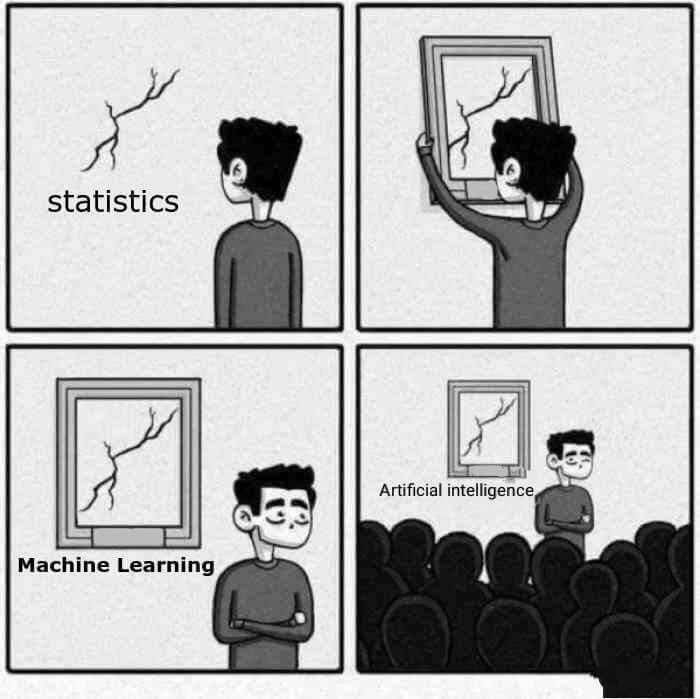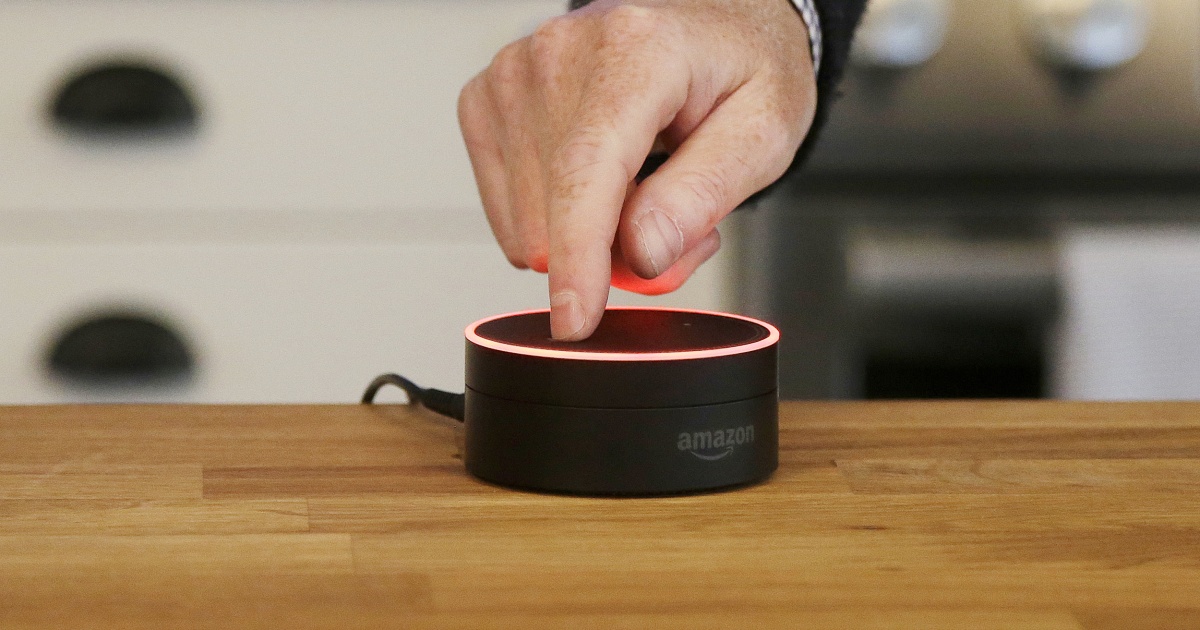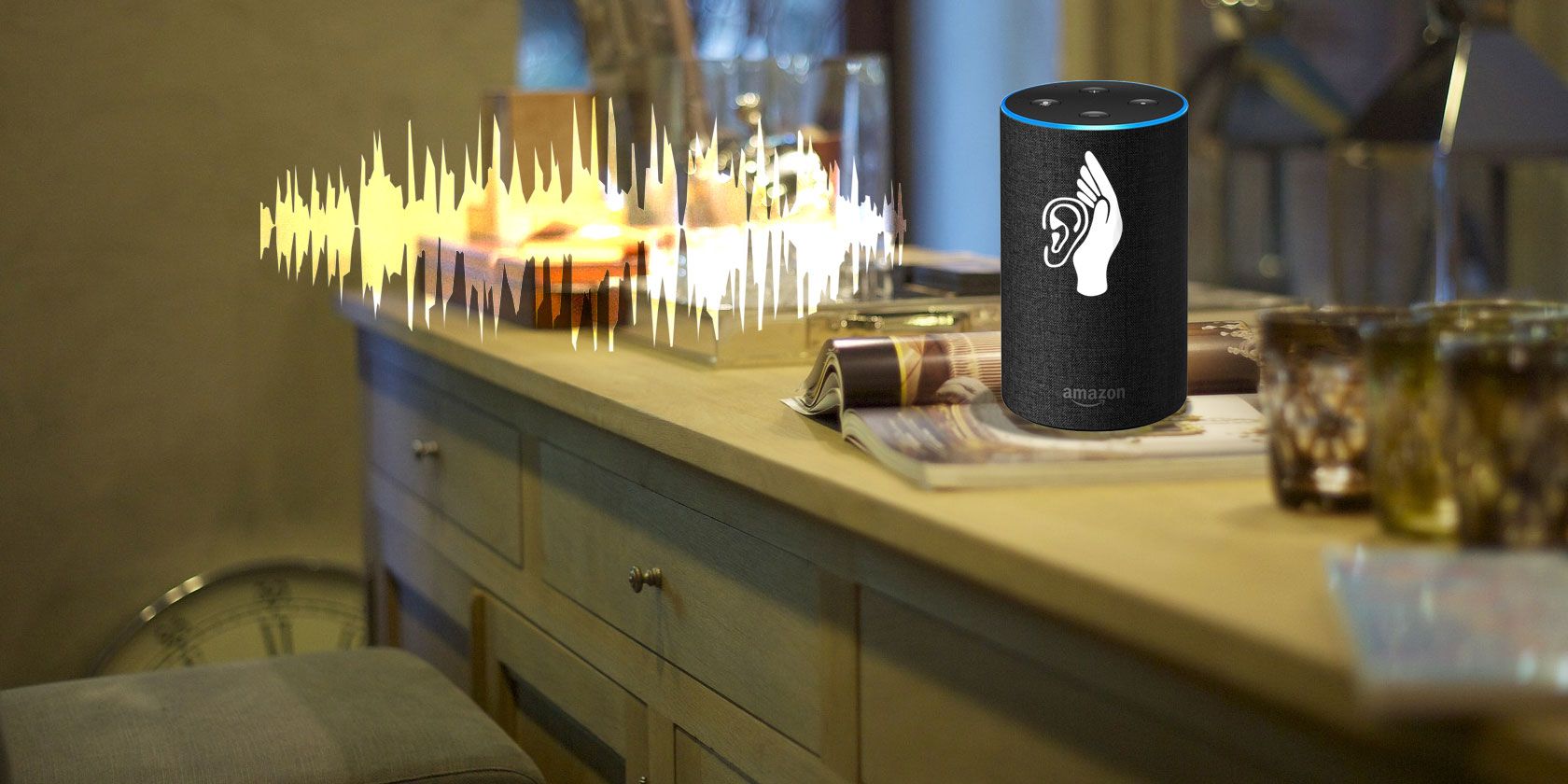NysEms2117
ex-Parole officer/EMT
- 1,946
- 910
- 113
Being a tech nerd(and part time-ish EMT)I’m wondering what you full time providers think the benefits to artificial intelligence and machine learning are in the EMS fields. I think huge advancements can be made with artificial intelligence and “common issues” that emt’s and paramedics run into. I think for rural pre hospital providers artificial intelligence will have increased efficacy. Below are 3-4 links to get the conversation started(I do not agree fully with JEMS, but it’s there)... let me know your thoughts/ ideas 
Enter Corti..

 www.jems.com
www.jems.com
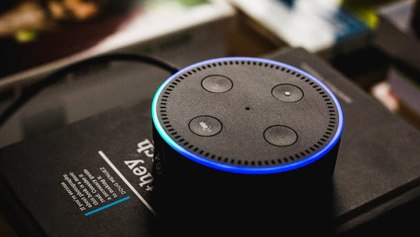
 www.ems1.com
www.ems1.com
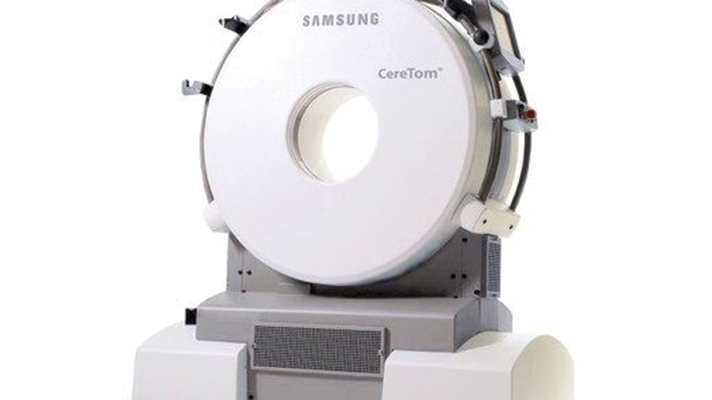
 www.healthcareitnews.com
www.healthcareitnews.com
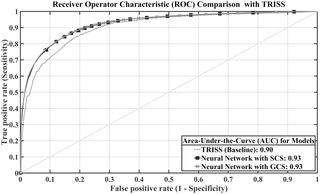
 journals.plos.org
journals.plos.org
Enter Corti..

Now meet the good side of AI - Corti can spot a heart attack over the phone with 95% accuracy
Danish startup has created an AI that listens, and advises, on emergency dispatch calls
www.google.com
News Archives - JEMS: EMS, Emergency Medical Services - Training, Paramedic, EMT News
News Get the best news from the Journal of Emergency Medical Services.

EMS agency set to implement Amazon's 'Alexa' into ambulances
Brewster Ambulance Services will begin using Amazon Echos to access the Massachusetts Emergency Medical Services Statewide Treatment Protocol

New partnership brings artificial intelligence to ambulances, paramedics
MedyMatch Technology and Samsung NeuroLogica have teamed up to help paramedics and EMTs more quickly and accurately assess stroke patients in prehospital environments. By integrating MedyMatch's artificial intelligence technology into ambulance-based mobile stroke units equipped with Samsung...
A data-driven artificial intelligence model for remote triage in the prehospital environment
In a mass casualty incident, the factors that determine the survival rate of injured patients are diverse, but one of the key factors is the time for triage. Additionally, the main factor that determines the time of triage is the number of medical personnel. However, when relying on a small...

